
The Socialist Left Party is a democratic socialist political party in Norway. Positioned on the left-wing of the political spectrum, it is opposed to European Union and the European Economic Area membership. SV supports a strong public sector, stronger social welfare programs, environmentalism, and republicanism. As of 2018, the party had 11,385 members; the number has steadily increased since a low point in 2015. The party leader is Kirsti Bergstø, who was elected on 18 March 2023
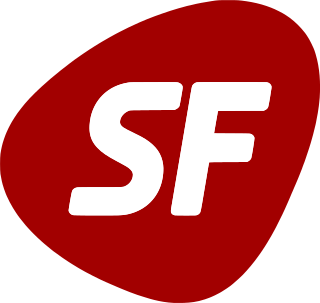
The Green Left is a democratic socialist political party in Denmark.

The Workers' Youth League is Norway's largest political youth organization and is affiliated with the Norwegian Labour Party.
This article gives an overview of liberalism in Norway. It is limited to liberal parties with substantial support, mainly proved by having been represented in the Norwegian Parliament, Stortinget.
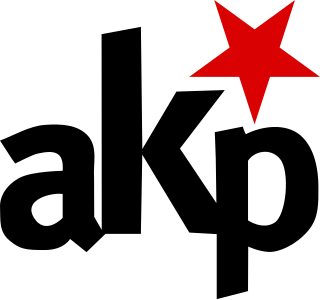
The Workers' Communist Party was a Norwegian communist party (1973–2007). AKP was a Maoist party and one of two communist parties in Norway; the other was the older Communist Party of Norway which had remained pro-Soviet. The relationship between the two parties was characterized by strong hostility.

The Socialist Workers' Party of Germany was a centrist Marxist political party in Germany. It was formed as a left-wing party with around 20,000 members which split off from the SPD in the autumn of 1931. In 1931, the remnants of Independent Social Democratic Party of Germany (USPD) merged into the party and in 1932 some Communist Party dissenters also joined the group as well as a part from the Communist Party Opposition. Nevertheless, its membership remained small. From 1933, the group's members worked illegally against Nazism.

The Communist Party of Denmark is a communist party in Denmark. The DKP was founded on 9 November 1919 as the Left-Socialist Party of Denmark, through a merger of the Socialist Youth League and Socialist Labour Party of Denmark, both of which had broken away from the Social Democrats in March 1918. The party adopted its present name in November 1920, when it joined the Comintern.
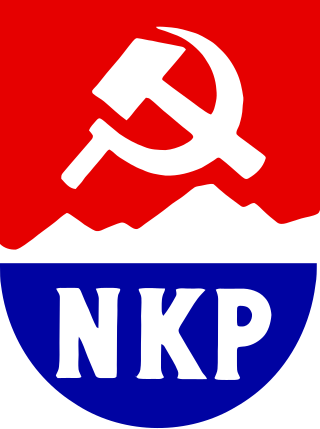
The Communist Party of Norway is a communist party in Norway.
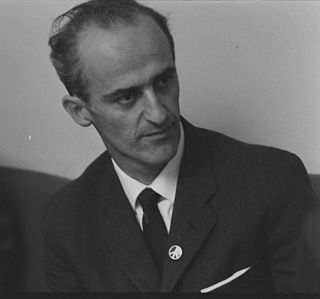
Finn Gustavsen was a Norwegian socialist politician active from 1945 to the late 1970s. He was noted for his uncompromising style and willingness to take contrarian stands.

Berge Ragnar Furre was a Norwegian historian, theologian and politician for the Socialist Left Party.

The Kings Bay Affair was a political issue in Norway that reached its apex in 1963 and brought down the government of Einar Gerhardsen and formed the basis for non-socialist coalition politics in Norway that persisted to the end of the 20th century. The affair was a dramatic episode in Norwegian history that portended the end of the Gerhardsen dynasty and the emergence of a more articulate and coherent political alternative in the non-socialist camp. It is also credited with galvanizing the radical socialist wing of Norwegian politics in time for the EU debate nine years later.
Vollen is a part of the Asker municipality in Akershus county, Norway. For statistical purposes, it is usually treated as part of the Oslo urban area. It is mainly a residential area, though the area has a café, a restaurant, several art galleries, a primary school and secondary school.

The Socialist Left Party of Norway was founded in 1975. Its history shows a long-term rise in political influence, resulting in part from its emergence from older left-wing parties, especially the Socialist People's Party. After initial political setbacks in the 1970s, the party reorganized and regained support, particularly under Theo Koritzinsky (1983–87) and Erik Solheim (1987–97). Support dropped in the 1997 parliamentary election but rose again by the 21st Century, thanks to the party's position as the only sizeable party to the left of the Norwegian Labour Party. Labour's move further to the right under Jens Stoltenberg also helped the party's rise. By 2005, the Socialist Left Party had joined the Labour and Centre parties in Norway's governing Red-Green Coalition. The party has been led by Audun Lysbakken since 11 March 2012.
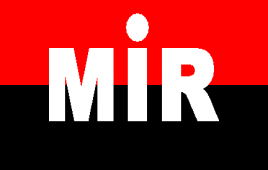
The Revolutionary Left Movement was a left-wing Marxist political party in Venezuela. It split from Acción Democrática in 1960 and became involved in armed guerrilla struggle against the Venezuelan state.
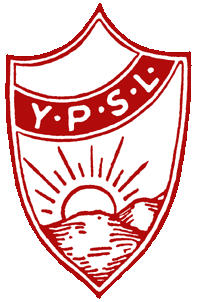
The Young People's Socialist League (YPSL), founded in 1907, was the official youth arm of the Socialist Party of America. Its political activities tend to concentrate on increasing the voter turnout of young democratic socialists and social democrats affecting the issues impacting that demographic group.

The Spartacist League/U.S. is a Trotskyist political grouping which is the United States section of the International Communist League, formerly the International Spartacist Tendency. This Spartacist League named themselves after the original Spartacus League of Weimar Republic in Germany, but has no formal descent from it. The League self-identifies as a "revolutionary communist" organization.
Socialism in Australia dates back at least as far as the late-19th century. Notions of socialism in Australia have taken many different forms including utopian nationalism in the style of Edward Bellamy, the democratic socialist reformist electoral project of the early Australian Labor Party (ALP), and the revolutionary Marxism of parties such as the Communist Party of Australia.
The International Marxist Group (IMG) was a Trotskyist group in Britain between 1968 and 1982. It was the British Section of the Fourth International. It had around 1,000 members and supporters in the late 1970s. In 1980, it had 682 members; by 1982, when it changed its name to the Socialist League, membership had fallen to 534.

The Fourth International (FI), founded in 1938, is a Trotskyist international.














